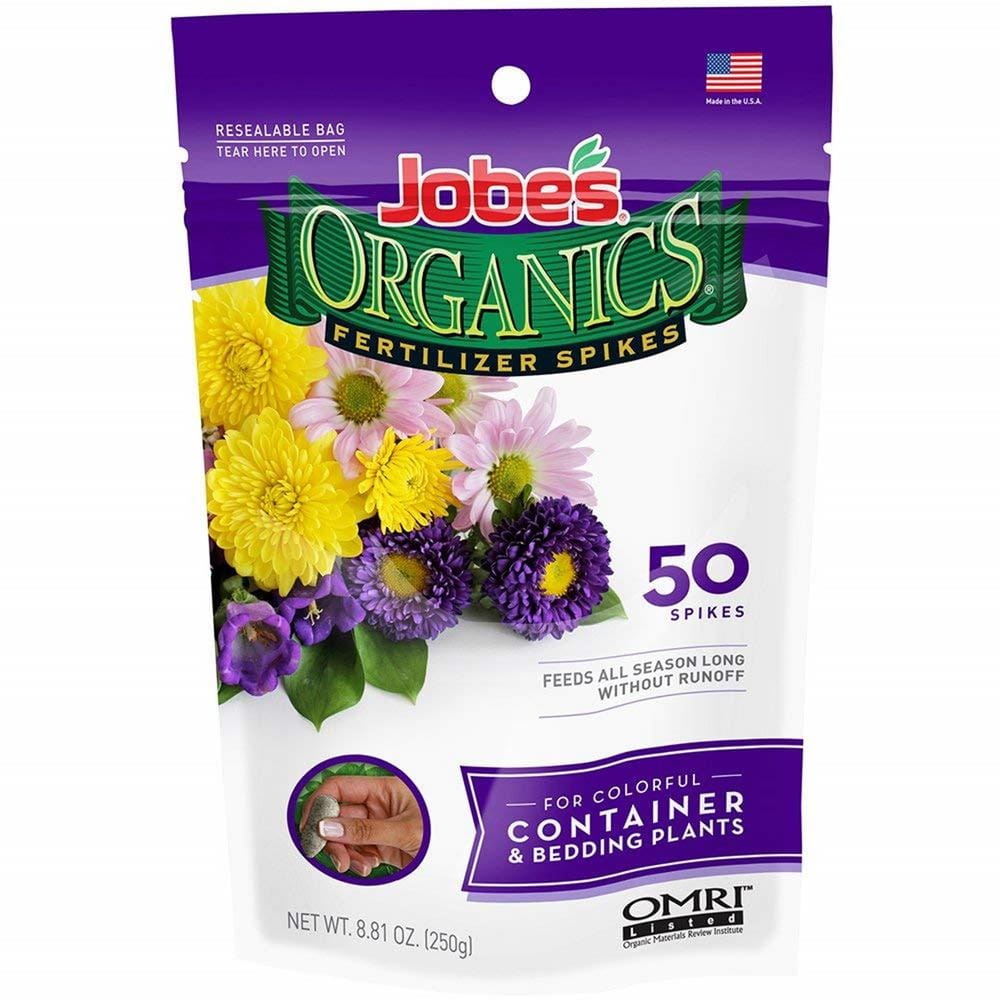The Ultimate Guide To Fertilizing Jasmine
The Ultimate Guide to Fertilizing Jasmine
Jasmine is a beautiful and fragrant flower that can be grown indoors or outdoors. To help your jasmine plant thrive, it is important to fertilize it regularly. This will help the plant to grow strong roots, produce more leaves, and bloom more often.
In this blog post, we will discuss the best way to fertilize jasmine plants. We will cover the following topics:
- When to fertilize jasmine
- What kind of fertilizer to use
- How much fertilizer to use
- How often to fertilize jasmine
When to Fertilize Jasmine
The best time to fertilize jasmine is during the spring and summer, when the plant is actively growing. You can also fertilize jasmine in the fall, but you should stop fertilizing in the winter, when the plant is dormant.
What Kind of Fertilizer to Use
The best fertilizer for jasmine is a balanced fertilizer that contains nitrogen, phosphorus, and potassium. The NPK ratio of the fertilizer should be 10-10-10 or 12-12-12. You can also use a fertilizer that is specifically formulated for flowering plants.
How Much Fertilizer to Use
The amount of fertilizer you use will depend on the size of your jasmine plant. A small plant will only need a small amount of fertilizer, while a large plant will need more fertilizer. As a general rule, you should use no more than 1/2 teaspoon of fertilizer per gallon of soil.
How Often to Fertilize Jasmine
You should fertilize jasmine every 2-3 weeks during the spring and summer. In the fall, you can fertilize every 4-6 weeks.
Tips for Fertilizing Jasmine
- Always water your jasmine plant thoroughly before fertilizing. This will help to prevent the fertilizer from burning the roots.
- Apply the fertilizer to the soil around the base of the plant. Do not apply the fertilizer directly to the leaves or stems.
- If you are using a water-soluble fertilizer, dilute it according to the package directions.
- Be sure to fertilize in the morning or evening, when the sun is not as strong.
Conclusion
By following these tips, you can help your jasmine plant to thrive. With regular fertilization, your jasmine plant will produce more leaves, bloom more often, and smell even better.
Are you looking for the best fertilizer for your jasmine plant? If so, you've come to the right place! Garden Wiki is a comprehensive resource for all things jasmine, including fertilizer recommendations.
The experts at Garden Wiki know that jasmine plants need a balanced fertilizer to thrive. They recommend using a fertilizer with an NPK ratio of 10-10-10 or 5-10-10. You can find this type of fertilizer at most garden centers.
In addition to the right fertilizer, jasmine plants also need regular watering and sunlight. If you follow these simple tips, your jasmine plant will be blooming in no time!
To learn more about jasmine fertilizer, visit Garden Wiki. You'll find everything you need to know to keep your jasmine plant healthy and beautiful.
FAQ of jasmine fertilizer
5 Most Frequently Asked Questions About Jasmine Fertilizer
Q: What kind of fertilizer do you use on jasmine?
A: Jasmine plants prefer a balanced fertilizer with a 10-10-10 or 5-10-10 NPK ratio. You can also use a fertilizer specifically formulated for flowering plants. Be sure to dilute the fertilizer according to the instructions on the label.
Q: When should I fertilize my jasmine plant?
A: Jasmine plants should be fertilized during the growing season, which is typically spring and summer. You can fertilize them once a month or every other month. In the fall and winter, you can fertilize them less often, or not at all.
Q: How much fertilizer should I use on my jasmine plant?
A: The amount of fertilizer you use will depend on the size of your plant. For a small plant, you may only need a teaspoon of fertilizer. For a larger plant, you may need up to a tablespoon of fertilizer.
Q: How do I apply fertilizer to my jasmine plant?
A: You can apply fertilizer to your jasmine plant by following these steps:
- Water your plant thoroughly before fertilizing.
- Dilute the fertilizer according to the instructions on the label.
- Pour the fertilizer around the base of the plant, being careful not to get any on the leaves.
- Water the plant again after fertilizing.
Q: What are the signs of over-fertilizing my jasmine plant?
A: The signs of over-fertilizing your jasmine plant include:
- Wilting leaves
- Yellowing leaves
- Stunted growth
- Leaf drop
If you notice any of these signs, you should stop fertilizing your plant and flush the soil with water.
Image of jasmine fertilizer
5 different images of "jasmine fertilizer" from Pinterest:
- Image 1: A bottle of Miracle-Gro Water Soluble Plant Food, a balanced fertilizer that is specifically formulated for jasmine plants.
- Image 2: A bag of Espoma Plant-Tone, an organic fertilizer that is high in nitrogen and phosphorus, which are essential nutrients for jasmine plants.

- Image 3: A jar of Jobe's Organics All Purpose Fertilizer, a slow-release fertilizer that is made from natural ingredients and is safe for use around plants and pets.

- Image 4: A package of Schultz Jasmine Formula Plant Food, a liquid fertilizer that is specifically formulated for jasmine plants and promotes blooms and fragrance.

- Image 5: A bottle of Dyna-Gro Foliage-Pro, a water-soluble fertilizer that is high in nitrogen and potassium, which help to promote lush foliage and flowering.

Post a Comment for "The Ultimate Guide To Fertilizing Jasmine"